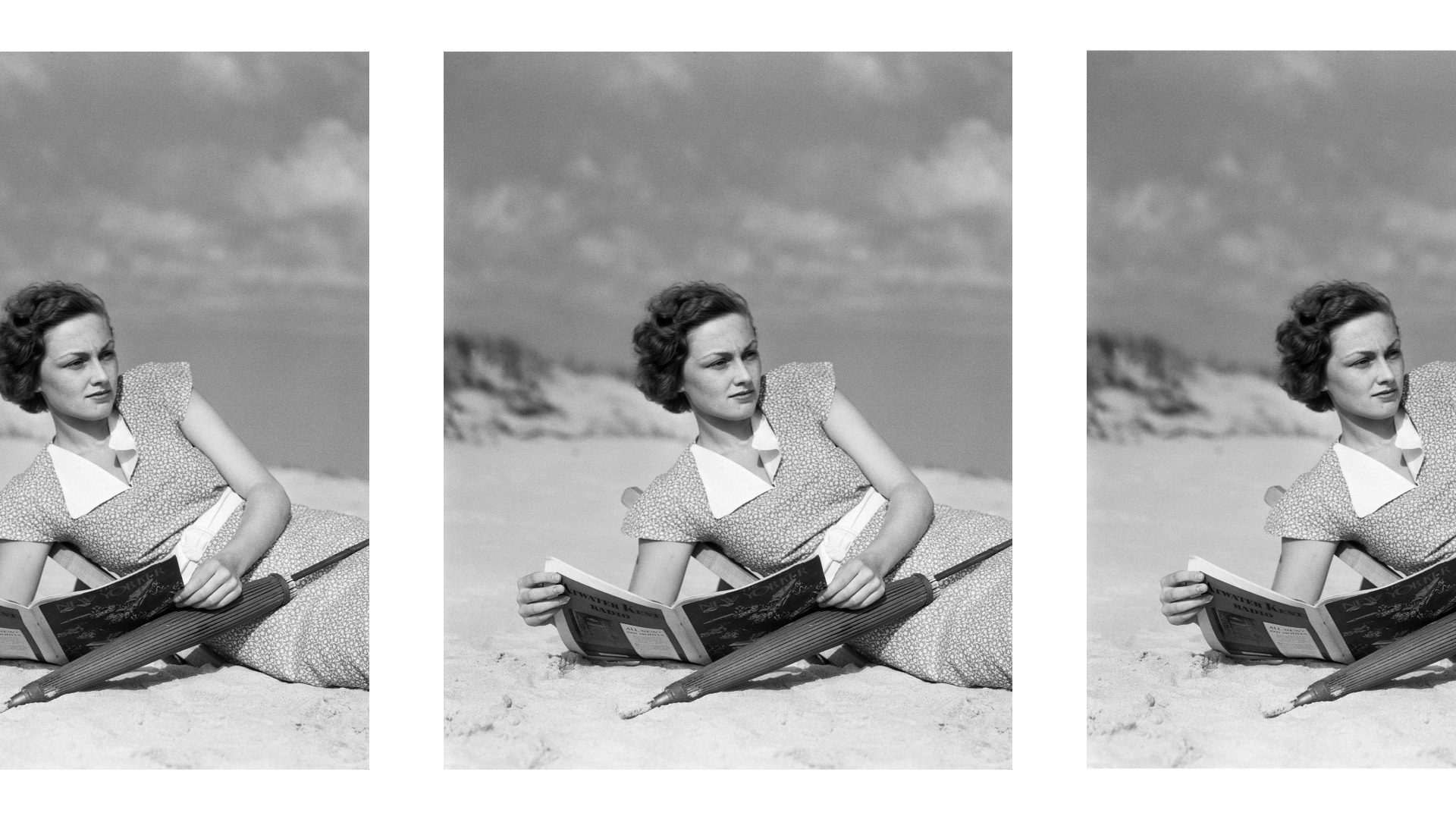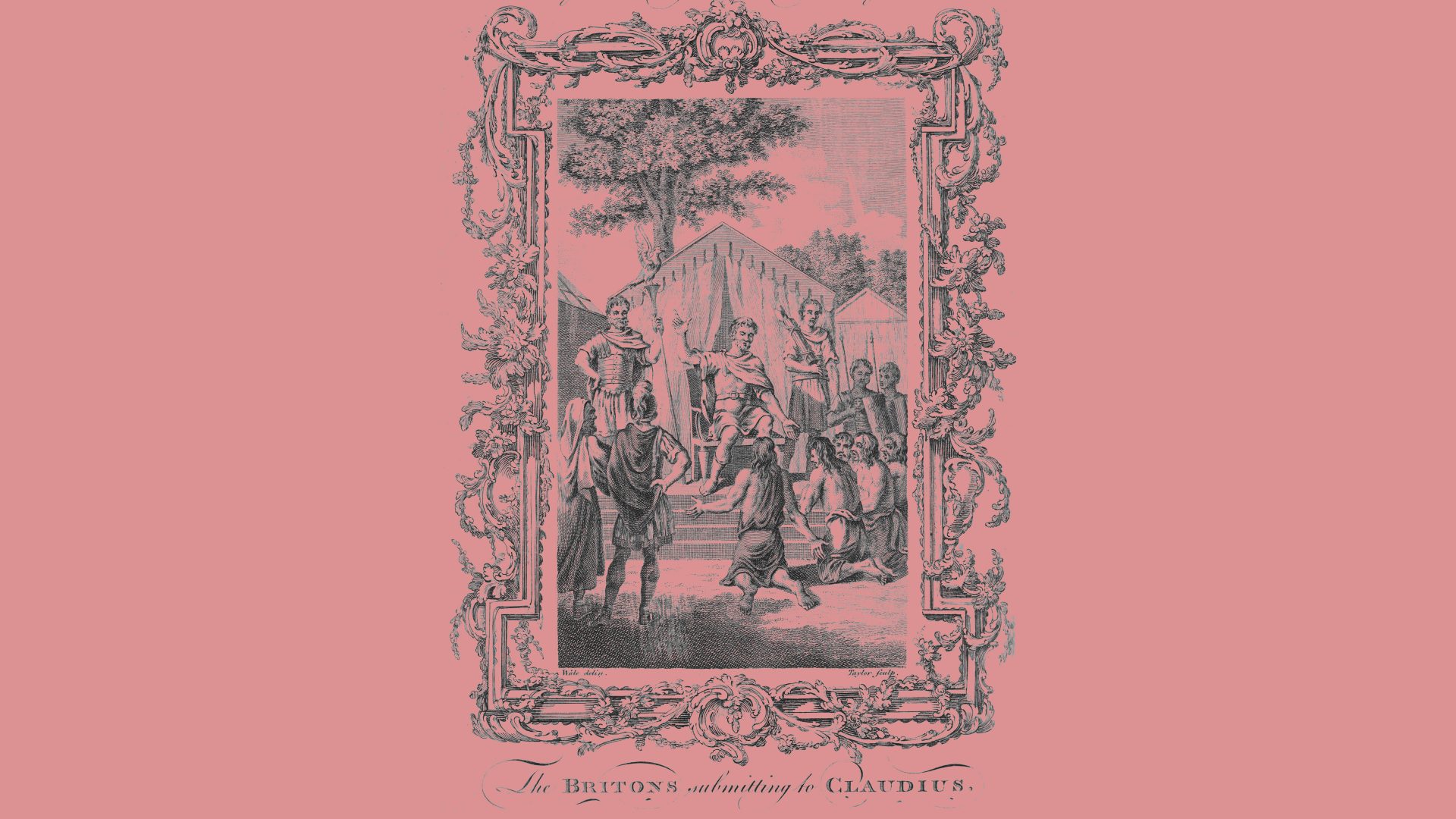Summer’s here, and the time is right for arriving at departures at 4.30am
to find a mile-long line of puffy-eyed fellow travellers outside the terminal
blearily checking their AirBnB T&C, or discovering your ferry has been impounded because the operator tried to replace its experienced crew with
five cocker spaniels and a spider plant.
All that before even contemplating the ennui-riddled purgatory of the “all
other passports” queue when you get to the other end.
The chances of your holiday travel this year involving enhanced levels of
pointless hanging about serve only to make your choice of reading even
more important than usual. The ability to lose yourself in a gripping tome could become a lifesaver this summer, so you are advised to take extra care with your selection.
Fortunately, The New European is here to make that task more straightforward than it might otherwise be with a selection of solid gold, copper-bottomed, recently-published winners to distract you from the living hell that holidaying in 2022 is all-but nailed on to be.
Let’s begin with some fiction, because we’ll all need to add a little escapism to our escape. Maggie Shipstead was shortlisted for both the Booker and Women’s Prizes for her extraordinary and epic Great Circle, just out in paperback (Transworld, £8.99). It’s the story of fictional pilot Marian Graves who in 1950 attempts to fly around the world crossing both poles, her story placed alongside that of a scandal-hit Hollywood starlet playing Marian in a 2014 biopic. It’s a fabulously gripping novel of adventure and women fighting for agency in a man’s world. When push comes to departure gate shove, this is a perfect holiday read.
Hot on its heels is You Have a Friend in 10A, a collection of Shipstead’s short stories published in May (Doubleday, £16.99). I always like to take at least one collection of short stories with me for occasions when I need a concise, standalone literary hit and You Have a Friend in 10A will definitely be in my duffel bag this summer. You can even travel within its pages, with locations ranging from Paris to Romania to a Pacific atoll in stories populated by Shipstead’s customary range of unforgettable characters: a silent cowgirl, a pompous male novelist, a child actress escaping a cult.
From the same stable in April came Bonnie Garmus’s Lessons in Chemistry (Doubleday, £14.99), one of the smartest and funniest debut novels to appear this year. It’s the early 1960s and Elizabeth Zott, single parent and former successful research chemist, finds herself presenting America’s most successful TV cookery show Supper at Six. She’s faced a range of misogyny in her career, from being patronised in the research lab to outright sexual assault, but refuses to compromise and remains thoroughly herself. Writing a novel tackling serious feminist subjects and making it properly laugh-out-loud funny is a challenge for any writer, but Garmus pitches it exactly right. There’s even, for some sections, a talking dog narrator.
From Europe, Peirene Press continues its impressive selection of excellent fiction in translation with just-published Of Saints and Miracles by the Spanish novelist Manuel Astur (Peirene, £12.99). Claire Wadie’s translation won the Peirene/Stevns Prize for translation last year and it’s easy to see why. The novel follows Marcelino, who lives alone on the family farm in Asturias until he’s tricked out of his home by a brother and takes to the hills, becoming a renegade famous throughout the region. Astur is a poet as well as a novelist and his natural lyricism is preserved in Wadie’s translation, keeping the novel rooted in a strong sense of place.
A word here also for Marzahn, Mon Amour by Katja Oskamp and translated
by Jo Heinrich (Peirene, £12). Effectively a love letter to the east Berlin district of the title and the people who live there, this short novel follows a middle-aged, newly-trained chiropodist as she hears the stories of the people of her diverse locality passing through her chair. A holiday advantage of Peirene’s books? They’re usually short and published as high-quality, sturdy paperbacks ideal for slipping into the wheelie-case without tipping you into excess baggage territory.
A 12th-century nunnery might not be the most obvious location for a good
holiday read but you won’t regret adding to your luggage Lauren Groff’s
Matrix (Heinemann, £9.99). Just out in paperback, Matrix is based on the real-life prioress and writer known as Marie de France and is a wonderfully
imagined journey through her entire life. Noble-born in France but dispatched at 17 to an English priory, hers is a life of achievement out of
injustice groundbreaking in its day and one with distinctly modern resonances.
I’m going to squeeze in one last novel here even though it was published in paperback at the end of last year so has been out for a little while. Mayflies by Andrew O’Hagan (Faber, £8.99) is the finest thing I’ve read in a very long time. By turns funny and heartbreaking, it’s a stunning depiction of male friendship set between an unforgettable weekend immersed in the music scene of 1980s Manchester and today, charting how lifelong friendships
evolve and endure no matter what life might throw at them. Utterly exquisite and a perfect holiday read.
Amy Liptrot’s 2016 memoir The Outrun was a much-needed shot in the arm for the genre loosely defined as ‘nature writing’ but more accurately landscape-based memoir. Charting Liptrot’s recovery from alcoholism as she returned to her native Orkney Islands, her uncompromising honesty and beautiful prose made The Outrun a deserved bestseller. Perhaps unsurprisingly given the wild success of her debut a follow-up has been a
long time coming. The Instant (Canongate, £14.99) was published in the spring and proved well worth the wait. It documents a year Liptrot spent in Berlin, almost the antithesis of Orkney, renting a space in a shared apartment and looking for work and love. The landscape of Berlin is wonderfully evoked, from raccoons to Neolithic remains, by one of Britain’s
best contemporary non-fiction writers.
As America descends further and further into chaos and mayhem it’s good to be reminded that not everything on the other side of the Atlantic involves the worship of firearms and gibbering medieval zealotry. Ben McGrath’s Riverman: An American Odyssey (4th Estate, £16.99) is one of the most unusual non-fiction books you could pack into your luggage and certainly one of the most rewarding.
In 2014 McGrath had a chance meeting on the Hudson with Dick Conant, a charming bear of a man on an apparently endless voyage canoeing the rivers of the United States. Conant went missing shortly after they met, his canoe and most of his possessions found waterlogged and abandoned, and has not been seen since. In Riverman, McGrath goes in search of the enigmatic Conant, retracing some of his routes, exploring some of his haunts and meeting people whose lives were touched by an extraordinary man. There’s something deeply, genuinely American about Conant, in the best way. Moving and thought-provoking, Riverman may not be enough to single-handedly restore your faith in the United States but it will stop, or at least postpone, your abandoning of it altogether. A wonderful book.
With the Women’s Euros underway in England you could do worse than packing Suzanne Wrack’s A Woman’s Game: The Rise, Fall, and Rise Again of
Women’s Football (Guardian Faber, £14.99) into your luggage. Telling the story of the women’s game from immaculately named Victorian pioneer Nettie Honeyball to arch Trump-irritator Megan Rapinoe, this is a remarkable and absorbing piece of sports and history writing and a book of heroes, nearly all unsung.
I’m not sure where No Word of a Lie: A Completely Accurate Account of the
Last 185 Years Through the Eyes of a Galapagos Tortoise ( jonathantortoise.
com, £7.99) fits between fiction and non-fiction given that its author is
purportedly a two-century-old tortoise called Jonathan. What matters most is that this is a genuinely funny personal account of modern history by a reptile who seems to have had an uncanny knack of turning up at some of the world’s most significant moments. Perfect escapist and wonderfully eccentric holiday fodder.
Regular readers might recall that I always like to tackle one of the classics as a holiday read and this summer I’m getting thoroughly stuck into The Life and Opinions of Tristram Shandy, Gentleman by Laurence Sterne (Penguin Classics, £9.99). It’s a riot: by turns hilarious, confusing, digressive, pompous and never truly seeming to get to the point, this 18th-century novel is unlike anything you’ll ever read. Sterne was writing at the dawn of the novel when forms and templates were yet to be established, making this a terrific rampage through the brilliant world of the ultimate unreliable narrator. Pack
this and I guarantee you’ll be the only one on the beach reading it. Go you! You hipster. And happy holidays.




